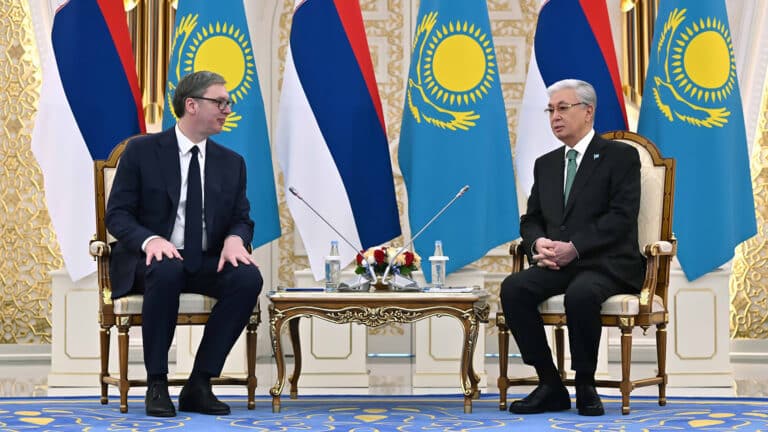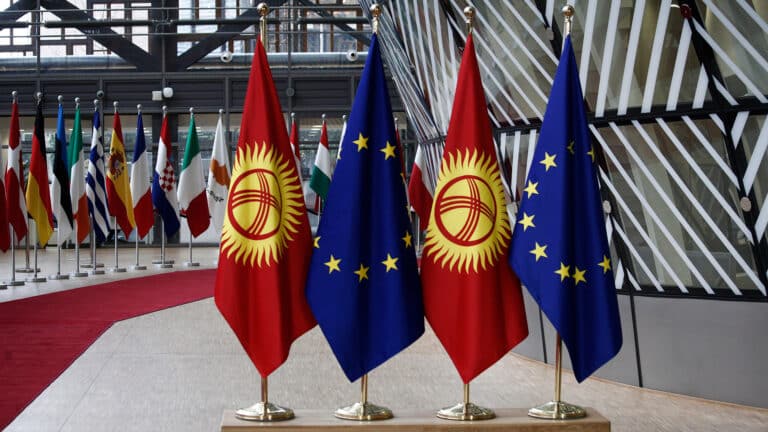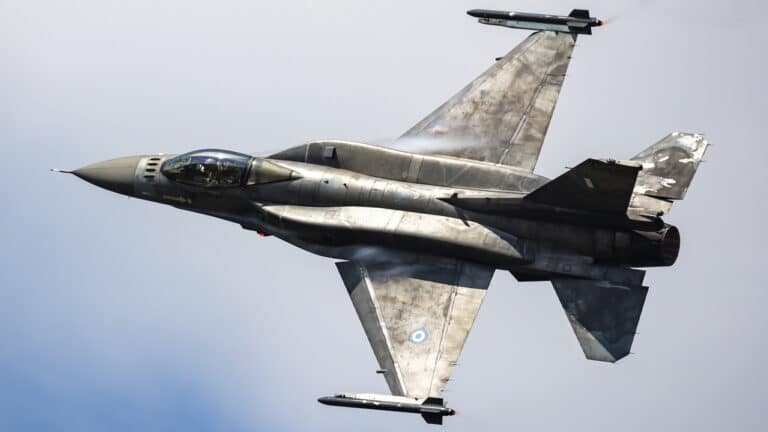Since July 1, the Republic of Kazakhstan has introduced five state standards which regulate production of halal food. They establish general rules for businesses operating in this segment. The next step is the adoption of standards regulating production of halal food in each separate industry.
There are also transnational initiatives. As Kursiv.kz found out, Kazakhstan, Russia and Belarus are preparing to launch a multimedia platform, Halal Life Guide. It’s going to include a marketplace for the halal producers of the Eurasian Economic Union (EAEU), which will be aimed at the vast audience of the Muslim world.
The republic’s producers have been discussing the prospects of exporting goods to the global Muslim market for more than ten years, since the early development of the halal market in Kazakhstan. In that time, even the domestic market of the country hasn’t seen uniform rules and standards. Kursiv.kz set out to learn what changed there.
Why Kazakhstan-made halal couldn’t break into foreign markets
The word «halal» means goods or services approved in the Muslim world. The report on the global Muslim economy mentions 1.8 billion consumers of halal worldwide, which in monetary terms translates to a market estimation of $2.1 trillion, with the market expected to reach $3 trillion by 2023. The report also notes that by 2060 the number of Muslims in the world will grow to 3 billion people, which will expand the market by another 70%.
In Kazakhstan, these figures have long served as a basis for theoretical plans on export of halal food. As Almagul Abildinova, director of Halal Holding LLC, recalls, the introduction of halal certificates in Kazakhstan began in 2009. An important incentive for their adoption was the seeming ease of organizing the supply of food to Muslim countries.
In actuality, it turned out that each such national market has its own standards for halal production. In Kazakhstan, there were no uniform standards for all producers. Production was certified by a few different companies (today their number shrank to six, according to Abildinova), which sometimes led to anecdotal incidents, e.g. halal vodka or halal sausage with pork.
Halal occupied a fifth of the domestic market
By Almagul Abildinova’s estimates, in ten years of development the Kazakhstan-made halal occupied at least 20% of the domestic market. This was facilitated not only by the religious aspect, but also by the growing desire of people to eat healthy food. According to the expert, more than a thousand Kazakhstani companies have received halal certificates for their products. They produce meat and sausages, dairy and confectionery, dietary supplements and household chemicals, groceries and drinks.

Photo: Ofeliya Zhakaeva
There is fierce competition in some segments of halal food production. First of all it concerns the products of meat processing plants and the sausage industry. For example, the Spiritual Administration of Muslims of Kazakhstan reports that it has issued halal certificates for more than 1,000 kinds of sausage.
The marketing agency KazData, referring to the study of the country’s sausage market from 2016, commented to Kursiv.kz that even at that time, about 60% of Kazakhstani meat-processing businesses marketed their products as halal. «Halal products are made in increasing volumes every year, which indicates a high interest from consumers,» the study said.
The government has shown the way to international markets
In August 2019, the government of Kazakhstan adopted a roadmap for the development of export of non-resource goods and services. The government committed itself to organizing research on the needs of neighboring markets and promoting the umbrella brand «Made in Kazakhstan» there. Kazakhstani halal products are to become part of this brand.
Under this program, the national requirements for halal production have been harmonized with the standards of the largest Muslim markets, e.g. Malaysia and Indonesia, as well as the Organization of Islamic Cooperation. There were negotiations and discussions in a work group with the participation of the Committee on Religious Affairs, the Ministry of Agriculture, the Spiritual Administration of Muslims,and the Association of Halal Industry and Entrepreneurs. As a result, the government approved and adopted the first five national standards for halal.
The new standards establish the basic rules and requirements for halal products. They prescribe the rules for slaughtering birds and animals in detail, as well as the procedure of confirming conformity with the production norms for the halal industry. They also posit uniform marking for halal conformity confirmation and general requirements for organizing the work of the catering sector.
For example, the standards stipulate that a halal plant should not produce other foods. Previously, this was allowed with thorough sanitization of the production line. To ensure the proper order of slaughtering livestock, now it must be recorded by video cameras.
The new standards do not cancel other halal certificates already received by businesses, said Aisulu Kudaibergenova, head of the Standardization Center at the Kazakhstan Institute of Standardization and Certification. Certification under the national standard is voluntary.













